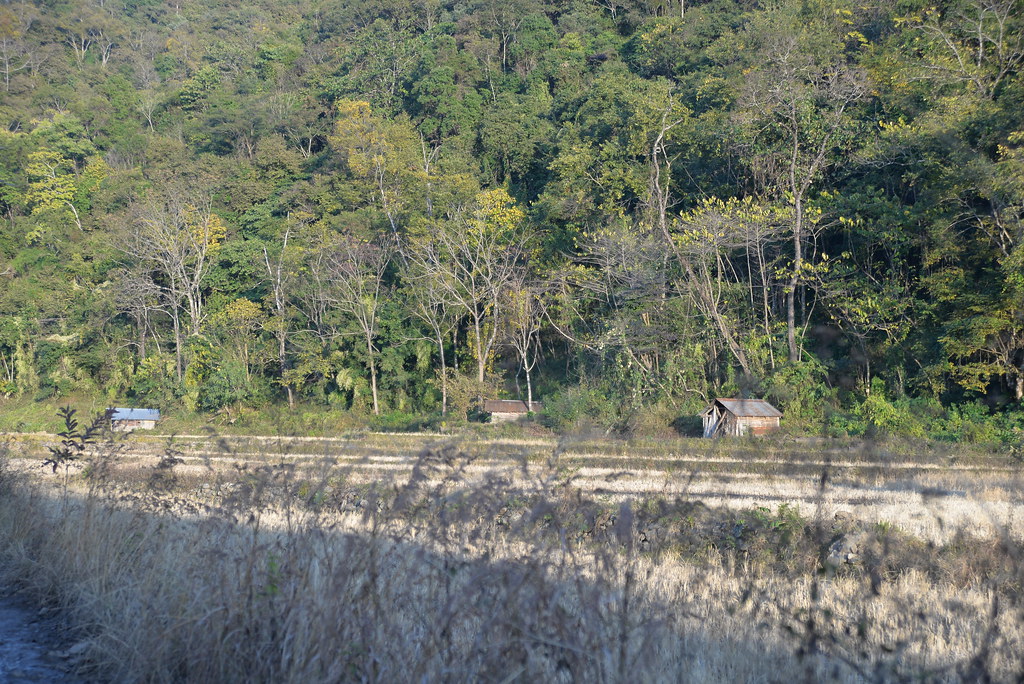In a significant development, the Lok Sabha approved the Forest (Conservation) Amendment Bill-2023 on Wednesday, marking a turning point in India’s conservation landscape.
The bill, after a brief debate in the house, seeks to exclude land within a 100 km radius of the country’s borders from the purview of conservation laws. Additionally, it opens the door for the establishment of zoos, safaris, and eco-tourism facilities in forest areas, sparking both praise and concern from different quarters.
The Bill: Exemptions and new provisions
One of the key provisions of the bill introduces amendments that specify the types of land exempted from the original conservation act. Notably, it encourages the cultivation of plantations on non-forest land, a move aimed at increasing tree cover over time and helping India achieve its ambitious target of ‘net zero’ carbon emissions by 2070.
Environment Minister Bhupender Yadav, during the parliamentary debate, emphasised the importance of this goal for the global community. Moreover, the amendments aim to address the restrictions imposed by the current law, enabling the creation of infrastructure vital for national security and development. Minister Yadav highlighted how certain Left-wing extremism (LWE)-affected regions have experienced developmental setbacks due to existing limitations. By exempting forest areas within 100 km of borders, including the Line of Actual Control (LAC) with China and the Line of Control (LOC) in Jammu and Kashmir, the bill aims to facilitate the construction of critical roads and strategic infrastructure to enhance national security. He also emphasised that there is no conflict between the Forest (Conservation) Act and the Forest Rights Act, as the two laws complement each other.
Moreover, the bill aims to grant the central government the authority to define, through an order, the terms and conditions under which specific surveys, such as reconnaissance, prospecting, investigation, or exploration, including seismic surveys, will not be considered non-forest purposes.
Opposition to the Bill: Concerns and objections
However, the bill was not without opposition. When first introduced, it faced objections from numerous groups, including tribal rights advocates and independent think-tanks. Around 1,300 representations were sent to the Joint Parliamentary Committee (JPC), which thoroughly investigated the concerns raised. Notably, the bill only covers land declared or notified as forest under the Indian Forest Act, 1927, or any other applicable law, leaving ecologically-fragile regions in the northeast potentially vulnerable.
In response, the environment ministry asserted that exemptions were necessary due to several reasons, such as the lack of clarity regarding the current law’s scope, ambiguous government records, the requirement for improved connectivity, and the urgency to expedite strategic and security-related projects of national importance, particularly along international borders.
According to sources, experts have expressed apprehensions regarding the potential adverse effects of the 100 km exemption from border areas on ecologically sensitive regions, especially in northeastern India. Highlighting the region’s vulnerability, they have underscored that granting a 100 km radius exemption from each border could significantly disturb the already delicate ecological equilibrium in the area. Furthermore, there are additional concerns raised about the conflicts that may arise with communities holding traditional and customary rights to forests under Schedule VI of the Constitution. These issues, according to experts, are not adequately addressed by the existing provisions.
The Sixth Schedule of the Constitution provides for the autonomous administration of tribal areas in Assam, Meghalaya, Tripura, and Mizoram. Responding to these concerns, the environment ministry clarified that the decision to include the 100 km provision had been made in collaboration with the defense ministry.
As per a report, activists hailing from the Himalayan region have voiced their apprehensions regarding the proposed amendment to the Forest (Conservation) Act. The amendment in question, known as the Forest (Conservation) Amendment Bill, 2023 (FCA), has drawn criticism from these activists, who claim that it could strip indigenous communities living near India’s borders of their rights.







